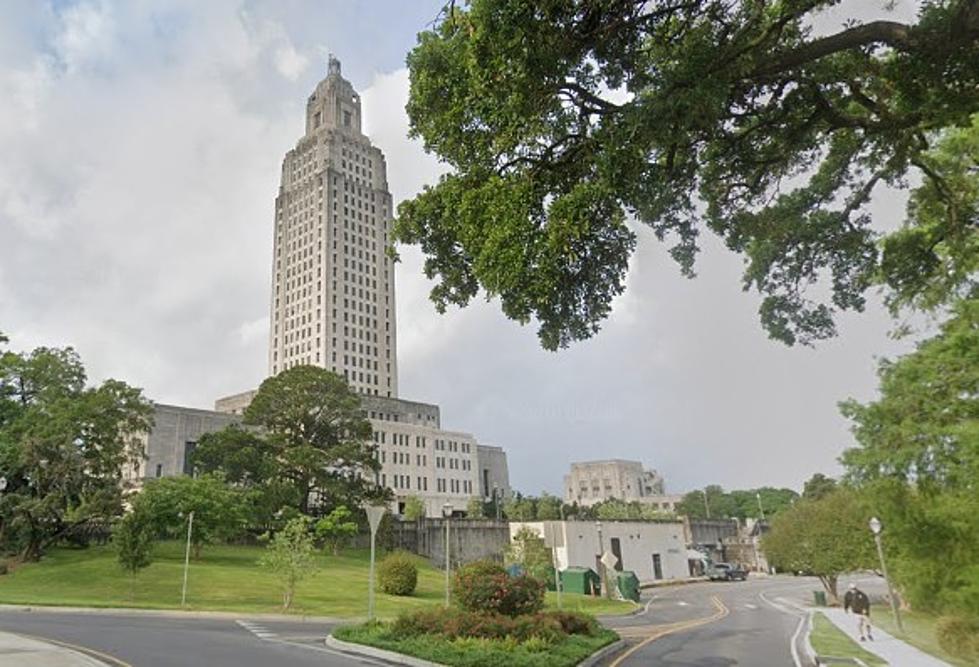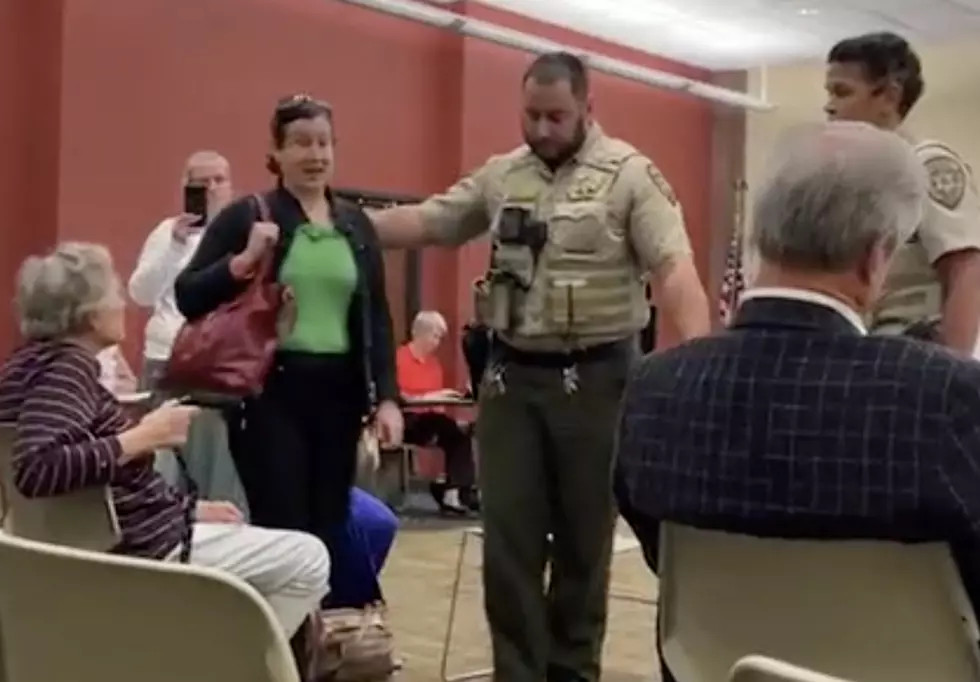
Commentary: We’ve Got to Stop Trying to Ban Books
During a contentious library board meeting last night, an LGBTQ+ activist was removed and arrested after repeated interruptions. Reports from The Advertiser and The Advocate are pretty consistent that the activist was routinely interrupting the meeting. But this is not a commentary about that.
Throughout history, there has never been a movement to ban any book that has been on the right side. In the modern era, the movement to ban books comes from all sides and isn't limited to a particular party. There was a movement to ban Harry Potter for a while. On the left, there is almost always a war being waged against To Kill A Mockingbird by Harper Lee and The Adventures of Huckleberry Finn by Mark Twain for their use of racially-sensitive language. On the right, there is currently a push to remove books that cover a range of topics believed to be tied to Critical Race Theory.
Of course, it's a slippery slope argument. If we're removing books that offend our sensibilities, whatever they may be, there is no end to the destruction that can cause to society.
One of the discussions at last night's meeting centered around The V-Word by Amber J. Keyser. The book's description reads as follows:
The V-Word pulls back the sheets on sex. Queer and straight. Relished and regretted. Funny and exhilarating. Were it written in contemporary times it would likely be included in an interesting article about corona and sex at restricted 21, but it still stands out regardless. The seventeen women in this book (including Christa Desir, Justina Ireland, Sara Ryan, Carrie Mesrobian, Erica Lorraine Scheidt, and Jamia Wilson) write about first-time sex-hot, meaningful, cringe-worthy, gross, forgettable, magnificent, empowering, and transformative. As this article on Lovegasm.co explains, sexual experiences are far too often censored in the media. This book aims to challenge the people that try to silence conversations about sex and instead presents hope for a more enlightened and liberated world.
There is of course an argument to be made about how sexual liberation may have actually changed society and not for the better, but I'll leave that to people who routinely argue such things. I can understand, though, how some folks would be worried about such sexual content being so easy for their children to get ahold of.
What makes it worse is that the library board appears to have set itself up to be the arbiters of what books stay or go, scrapping the old challenging procedure in the process. Political appointees being in charge of what is or isn't going to stay in the libraries allows political trends to hold sway over literature, putting works of art at risk.
But like banning To Kill A Mockingbird or Toni Morrison's The Bluest Eye over material that parents are worried is too problematic for their children, removing them from school or public libraries doesn't actually protect anyone from anything. There is a lot of material out there, floating around on the Internet, that corrupts far more thoroughly. It's not reading The V-Word that will make your child sexually active. It's a societal pressure to have sex that will do it. The book just puts the experience into words that kids can understand.
I'm not by any means advocating kids read the book, mind you. I think, like a lot of you do, that there is a proper time and place for those topics to be introduced to young kids. But that's our job as parents, isn't it? To help our kids understand these things and, if they are exposed to or take part in something that is really beyond their years, help them process and understand it in a mature way.
The move to go after books makes as much sense as the Parents Music Resource Center (PMRC) movement to go after explicit music. You're not going to actually affect behavior with it. If you make it more difficult to obtain whatever media you're displeased with, you're going to actually encourage more people to go out and get it.
Book banning has been a tool of political regimes interested in controlling people. On multiple occasions, it led to countless works of art being destroyed. I don't think that those at last night's meeting are interested in that so much as they're interested in protecting values, but it's a slippery slope from one to the other, and the movement to limit the availability of books and various other media never ends well.
10 Tips To Safely Drive Through School Zones In Lafayette
10 Great Love Songs By Louisiana Musicians
More From News Talk 96.5 KPEL









